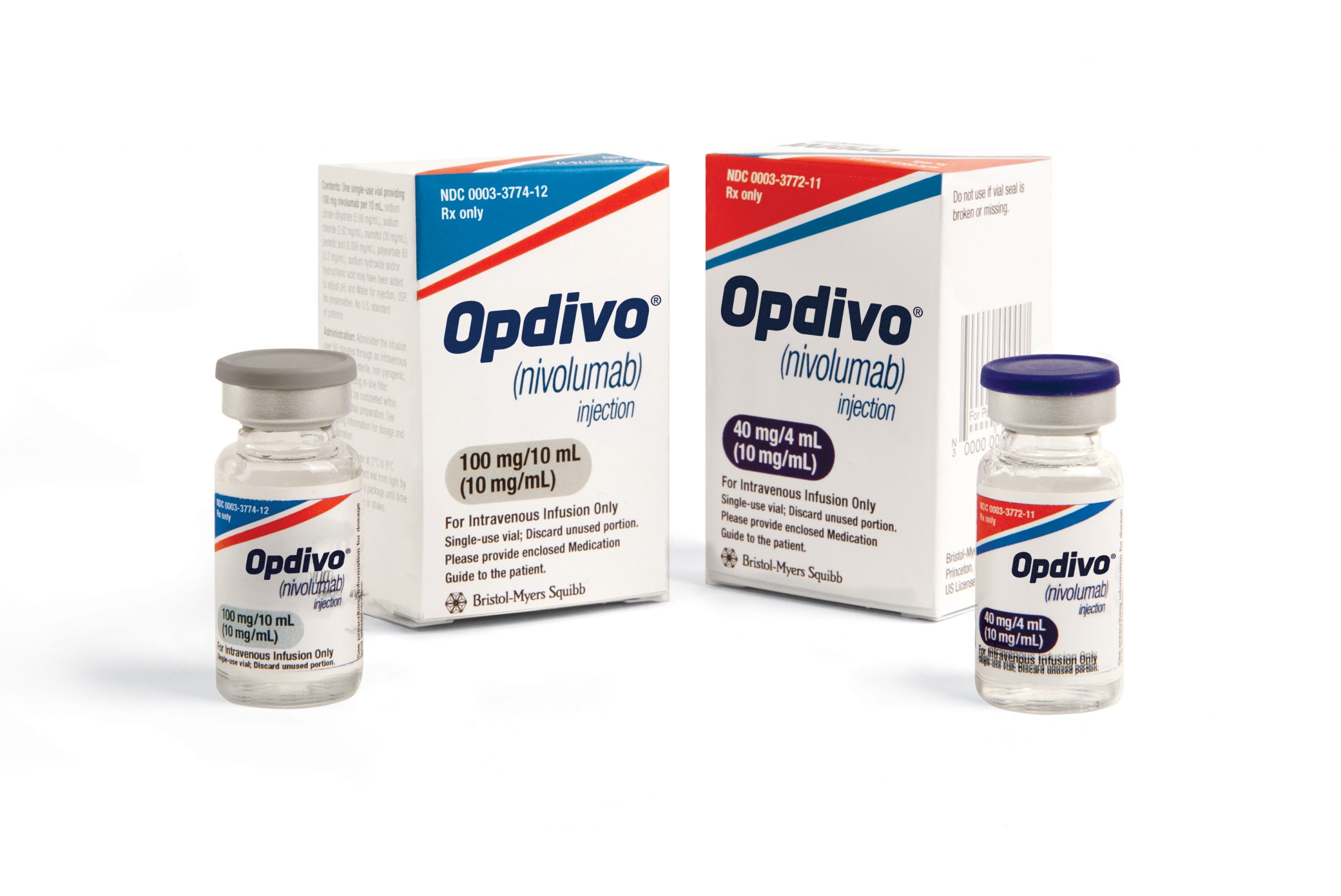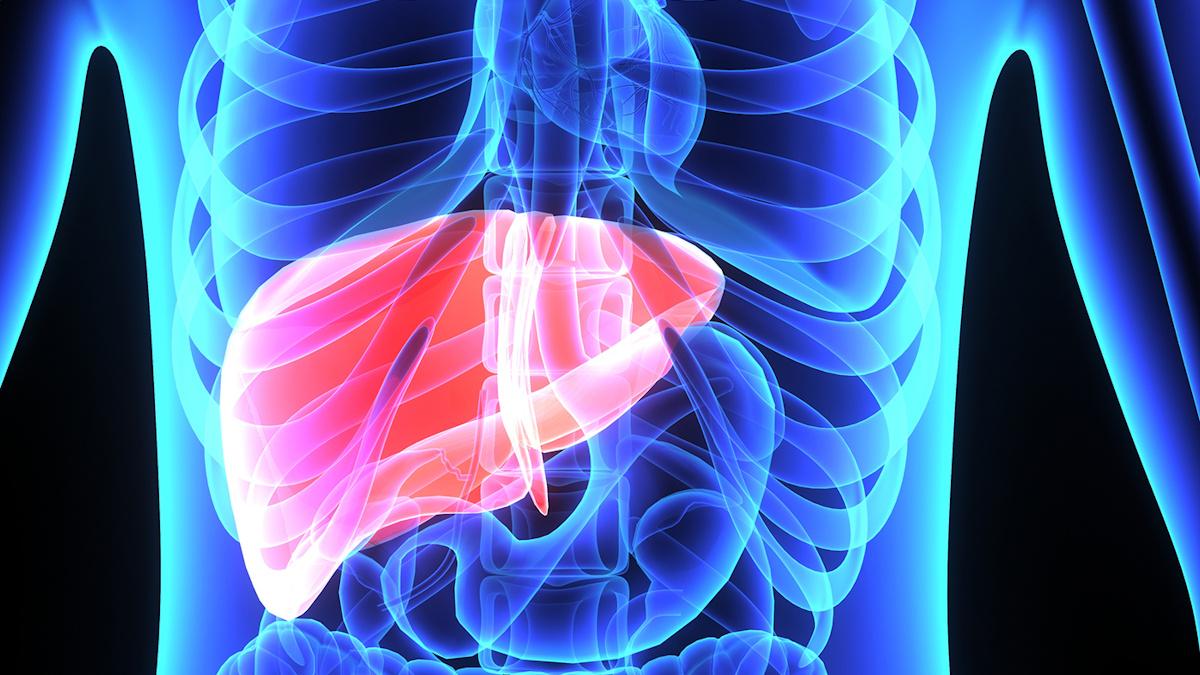NICE okays neoadjuvant Opdivo in lung cancer

Bristol-Myers Squibb’s Opdivo has become the first immunotherapy to be cleared for NHS use alongside chemotherapy as a pre-surgery (neoadjuvant) therapy for resectable non-small cell lung cancer (NSCLC).
The National Institute for Health and Care Excellence (NICE) has ruled that Opdivo (nivolumab) can be used with platinum-based chemo to reduce the size of NSCLC tumours before surgery, and reduce the chances of disease recurrence.
Surgery is the standard care for resectable NSCLC, but up to 55% of patients who undergo surgery with the aim of curing the cancer have recurrence and ultimately die of the disease, according to BMS, which estimates that around 4,800 patients in the UK could be eligible for the treatment.
The positive opinion from NICE comes on the strength of the phase 3 CheckMate-816 study, which showed that the combination of Opdivo and chemotherapy given pre-surgery significantly improved event-free survival, with a 37% reduction in the risk of progression, recurrence, or death compared to chemo alone.
The benefit was seen regardless of levels of the biomarker PD-L1, making Opdivo an option for all people with resectable NSCLC without testing.
“Being diagnosed with lung cancer is incredibly traumatic,” said Paula Chadwick, chief executive of Roy Castle Lung Cancer Foundation.
“Being told it has returned after undergoing curative-intent treatment is nothing short of devastating, so we are delighted that treatments to reduce the risk of recurrence are being made available to people with early-stage NSCLC before surgery, and with it the hope that improved outcomes are possible.”
NICE reviewed the drug through its proportionate approach to technology appraisals (PATT) pathway, allowing eligible patients to access the treatment around two months sooner than would be possible under the routine appraisal process.
The PATT framework, launched on a pilot basis last year, is designed to allow NICE to apply “light-touch” evaluations to simpler low-risk treatments, such as licence extensions of medicines or those in well-characterised disease areas. The HTA has predicted PATT will increase its capacity for new evaluations by 20% in 2023-24.
Translarna use in DMD
Also this week, NICE published final guidance recommending the use of PTC Therapeutics’ Translarna (ataluren) for boys with nonsense mutation Duchenne muscular dystrophy aged two and older who can walk, reversing a decision not to recommend the drug last year.
For the first time, the guidance includes no formal stopping rule, with NICE now saying the decision to stop treatment should be taken after discussions between patients, caregivers, and clinicians. Translarna is an option for around 10% to 15% of patients with DMD.
“The decision to not include a formal stopping rule […] recognises points raised by Action Duchenne, MDUK, and other patient and clinical experts, in evidence to NICE that clinicians would want the option to continue using Translarna after their patients lose the ability to walk because of the potential ongoing therapeutic benefits seen,” commented Jesse Sibarium, PTC’s general manager EMEA.













